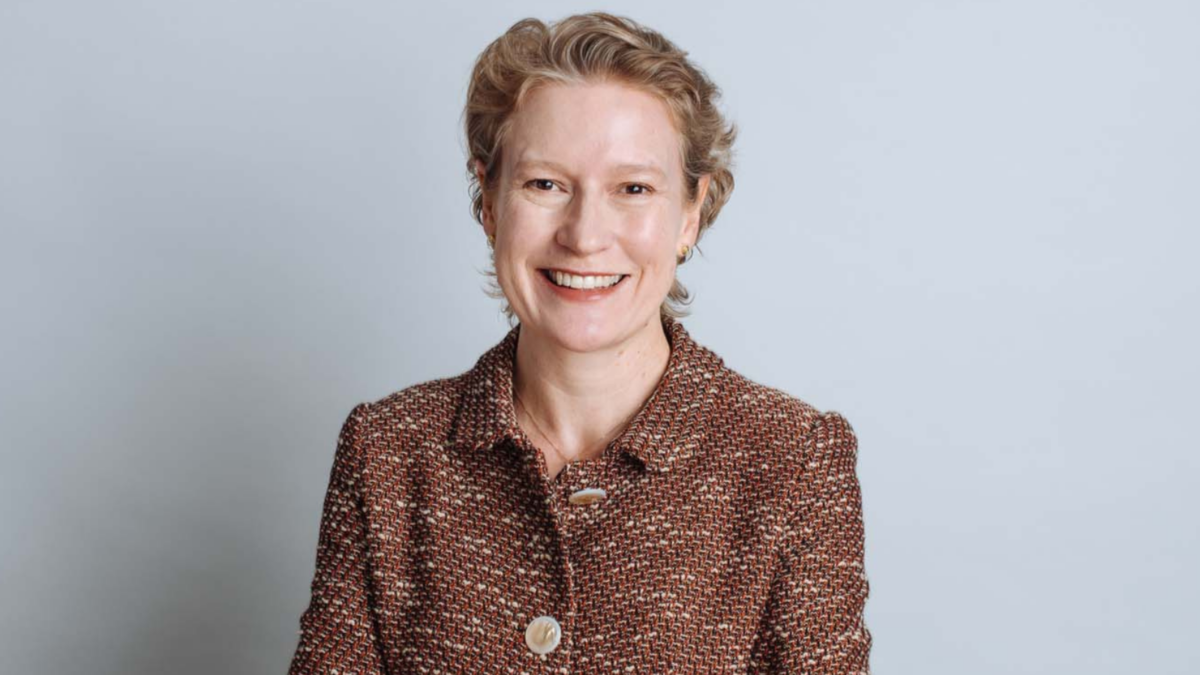QSuper moves $800 million in first cohort transition
QSuper has completed the transition of $800 million in funds of its first “cohort” of default members to an allocation of 80 per cent cash and 20 per cent more aggressive assets. It is now working on communicating with the second cohort, with a total of eight to 12 cohorts to be completed by the end of next year.
QSuper announced its “cohort” approach to segmenting members late last year. It will transfer the 400,000 default fund members that don’t choose to opt out, to investment strategies based on their age, superannuation fund balance, and rate of contributions. According to the fund, it is much more than a simple “target-date” approach.
“The target date funds have a prescribed glide path which is based entirely on age. We think we need to take into account age, member contributions rate and account balance,” QSuper chief investment officer, Brad Holzberger says.
The first cohort is people aged over 58 with over $300,000 in their balance, which represented 2200 members. Of that number, 20 per cent decided to opt out, after fund members were notified of the upcoming change to their superannuation.
“We were very curious about the opting out…there was a plethora of reasons,” Holzberger said.
“Several of them said they were going to opt out and said they were going to get advice. We saw these as being very positive [reasons and indicated a] high level of engagement.”
The fund’s MySuper license has been lodged with this first cohort and one other (over 58 year olds with less than $300,000 in super).
“We took the decision to establish our first cohort prior to MySuper, in part to introduce the program,” Holzberger said.
It will be transferred to MySuper after licensing.
Asset allocation of the first cohort is 80 per cent cash and 20 per cent in more aggressive assets.
Cash was chosen over bonds because the goal very close to retirement is to preserve capital, particularly if interest rates rise.
The asset allocation of each cohort will be reviewed every six months and needs to be approved by the board.
This is very much about preserving the capital…until the point of retirement,” Holzberger said.
The next cohort will be members in the default option who are over 58 years old with a balance less than $300,000. Their asset allocation will be 60 per cent cash and 40 per cent in more aggressive assets.
Holzberger expects the entire process of moving the default members into the eight to 12 cohorts to be completed by the end of 2014.
Once the accumulation cohorts are bedded down, QSuper plans to work on a strategy for members in the retirement phase.
Holzberger says that annuities are likely to be part of investment strategies for retirees. But the question is how those annuities would be incorporated.
“Once you buy an annuity on behalf of a member it’s there forever.”









